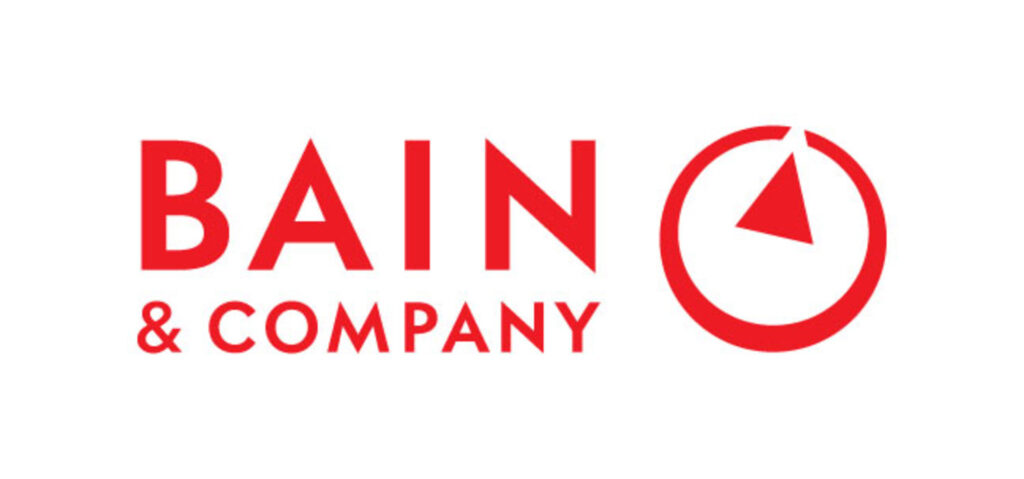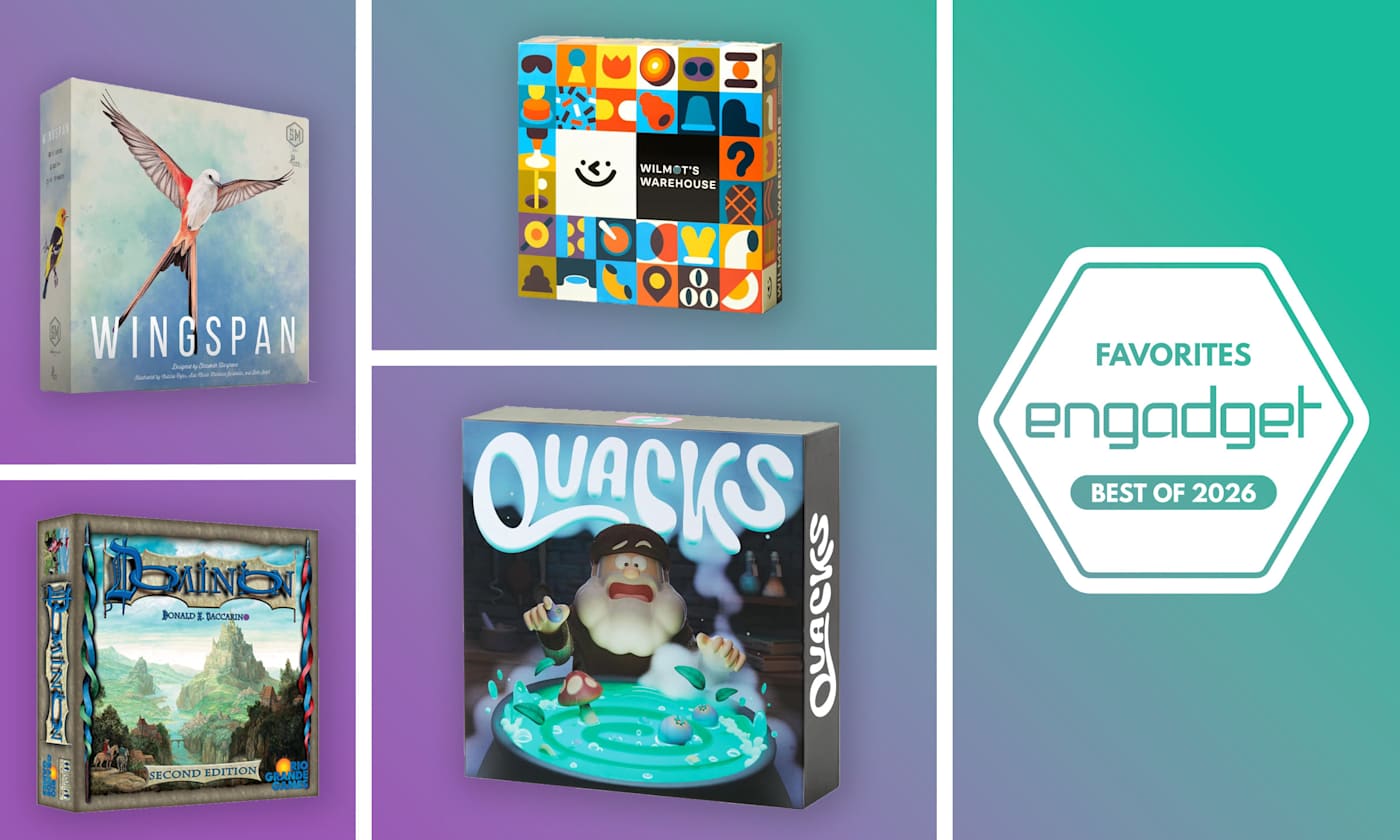
Sustainability remains a priority for CEOs, consumers, and B2B buyers, despite recent challenges surrounding environmental, social, and governance (ESG) issues. According to a report by Bain & Company released on September 15, 2025, the commitment to sustainable practices continues to be tied to business value. This research highlights a significant shift in how sustainability is perceived and implemented across various sectors.
The report, part of Bain’s third edition of The Visionary CEO’s Guide to Sustainability 2025, indicates that 25% of global carbon dioxide emissions can be profitably reduced using existing methods. These methods include improvements in energy efficiency, circular design, and localized supply chains. Bain’s analysis suggests that businesses should integrate these profitable decarbonization strategies into their everyday operations to enhance their sustainability efforts.
Shifting Perspectives on Sustainability
Despite a perceived decline in the emphasis on sustainability discussions among CEOs from 2023 to 2024, their actions tell a different story. An examination of more than 35,000 statements from CEOs of 150 leading companies shows a notable evolution in their approach. The findings indicate a transition from viewing sustainability merely as a compliance issue to recognizing its alignment with business objectives.
Jean-Charles van den Branden, Bain’s global Sustainability practice leader, commented on this “do-say” gap, noting that while CEOs may speak less about sustainability, they are making significant strides in practical implementation. The report highlights that an additional 32% of emissions reduction methods could become profitable in the medium term, contingent upon changes in policy, technology, and consumer behavior.
The growing integration of artificial intelligence (AI) in sustainability efforts is also noteworthy. Bain’s research reveals that nearly 80% of C-suite and sustainability executives see substantial opportunities for AI to enhance their sustainability agendas. However, over 50% of these executives remain in the early stages of exploring AI applications.
Consumer and B2B Trends in Sustainability
Consumer habits reflect a strong inclination towards sustainable practices. A survey of over 14,000 consumers across eight countries shows that nearly 80% prioritize sustainability. This commitment is evident, as nearly one-third of respondents engage in six or more sustainable habits daily, with 70% expressing a desire to adopt even more sustainable routines.
B2B buyers are also increasingly aligning their purchasing decisions with sustainability criteria. Half of the respondents in a Bain survey of more than 750 global B2B customers indicated they currently procure more from sustainable suppliers, and this figure could rise to nearly two-thirds within three years. Ninety percent of business leaders expect sustainability to positively impact their operations in the near future.
Despite the enthusiasm for sustainability, challenges remain, particularly with the cost of sustainable products. While U.S. consumers are willing to pay up to a 13% premium for green products, research from New York University indicates that such products often carry an average premium of 28%. Addressing this discrepancy presents an opportunity for businesses to invest in research and development to bridge the price gap.
As sustainability becomes increasingly intertwined with commercial success, companies must prioritize transparency and accessible information regarding their sustainable products. With the rise of generative AI tools, over half of the users report utilizing these technologies to make more sustainable choices, highlighting the importance of clear communication concerning product impacts.
The findings from Bain & Company signal that sustainability and business ambitions can coexist and thrive. Companies that successfully navigate these challenges will be those that remain focused on their sustainability agendas while delivering tangible value.







